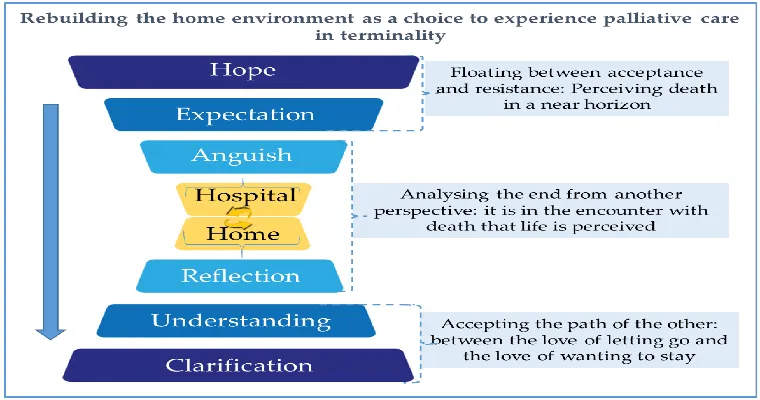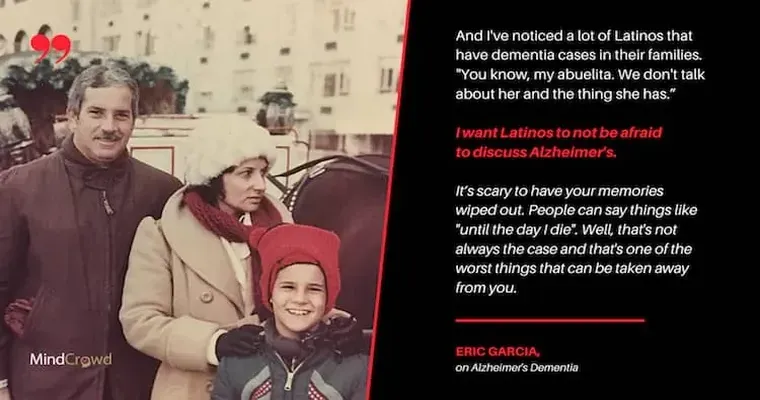Convincing a loved one, especially a "73-year-old brother" with "anosognosia", that they need help can be a challenging and delicate process. Anosognosia is a condition where individuals are unaware of their own disabilities or health issues, making it difficult for them to recognize the need for assistance. This article will provide you with strategies to approach this sensitive situation and encourage your brother to accept the help he may require.
Understanding Anosognosia
Before attempting to convince your brother, it is crucial to understand what "anosognosia" entails. This condition often occurs after a stroke, brain injury, or in cases of severe mental illness, leading to a lack of awareness about one's own health status. This lack of insight can make discussions about health and assistance particularly complex.
Build a Trusting Relationship
Establishing a "trusting relationship" is essential when addressing sensitive topics with someone who has anosognosia. Approach your brother with empathy and patience. Instead of confronting him about his condition, engage in conversations that affirm your love and concern for his well-being. By creating a safe and supportive environment, he may become more receptive to your suggestions.
Use Indirect Communication
Directly stating that he needs help might trigger defensiveness. Instead, use "indirect communication" to guide him toward realizing his needs. Share stories about others who have faced similar challenges or discuss general health topics. You can also talk about the benefits of assistance in a way that does not single him out but rather presents it as a common and positive option.
Involve Trusted Friends or Family
Sometimes, hearing the same message from different sources can be more effective. Consider involving other "trusted friends or family members" who can express similar concerns or observations about his health. This collective approach may help your brother see that he is not alone in his struggles and that those around him genuinely care about his well-being.
Focus on Specific Needs
Instead of discussing the broad concept of needing help, focus on specific tasks or areas where assistance could be beneficial. For instance, you might mention how he could benefit from help with daily activities, such as grocery shopping, household chores, or even managing medications. This practical approach can make the idea of accepting help seem less overwhelming and more manageable.
Offer Options and Empower Him
Empower your brother by offering him choices regarding the type of help he would like to receive. Present options such as hiring a caregiver, attending a support group, or participating in community activities. By giving him a sense of control over the situation, he may be more willing to consider accepting help.
Be Patient and Persistent
Changing one's mindset, especially for someone with anosognosia, takes time and patience. Your brother may not immediately recognize the need for help or may resist the idea multiple times. Be persistent but gentle in your approach. Continue to check in with him, express your concerns, and reinforce the idea that seeking help is a positive step.
Seek Professional Guidance
If your attempts to convince your brother become overwhelming, consider seeking guidance from a "mental health professional". A doctor, psychologist, or social worker experienced in dealing with anosognosia can provide valuable insights and strategies for approaching the situation. They may also be able to facilitate conversations that you may find challenging.
Conclusion
Convincing a 73-year-old brother with anosognosia that he needs help is not an easy task, but with the right approach, it is possible. By building a trusting relationship, using indirect communication, involving others, focusing on specific needs, empowering him, and seeking professional guidance, you can encourage your brother to recognize the value of support. Remember to be patient and compassionate throughout this journey, as your love and understanding are crucial in helping him navigate this challenging phase of life.





